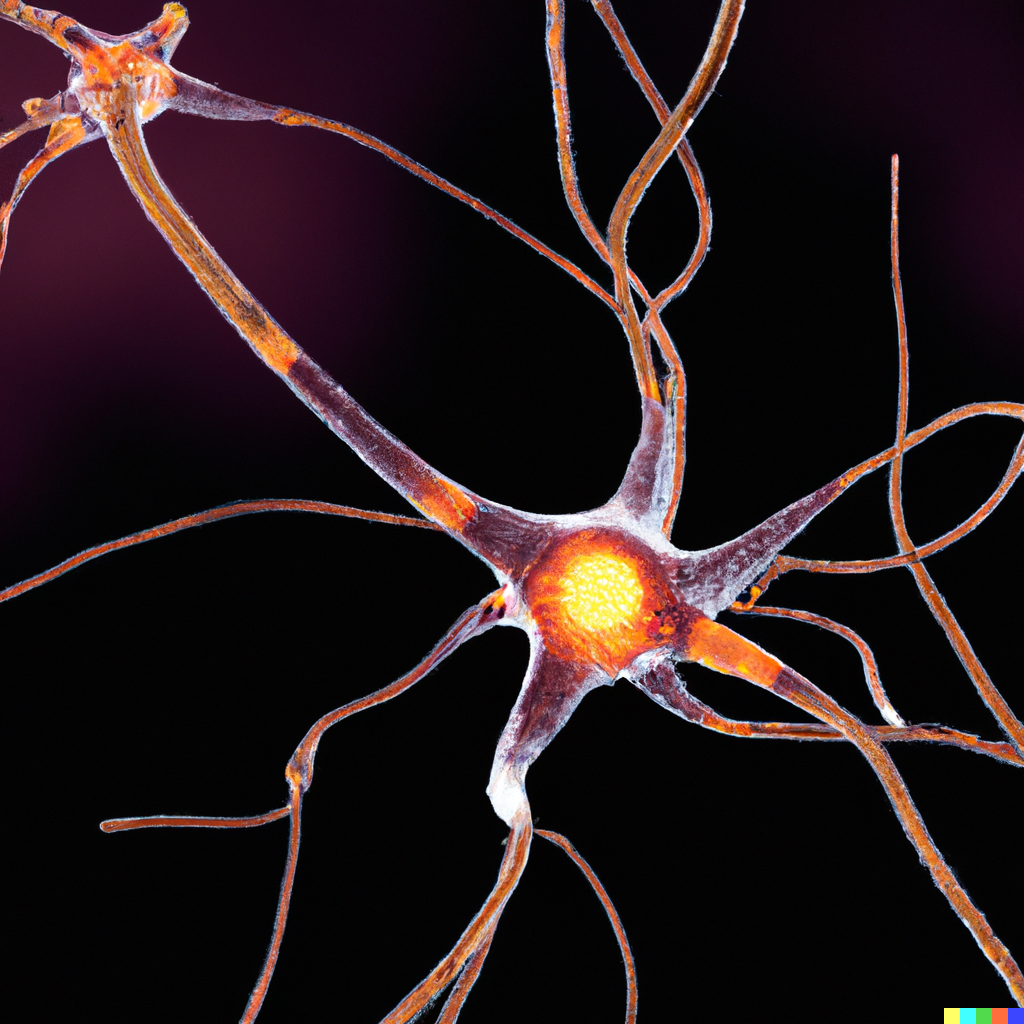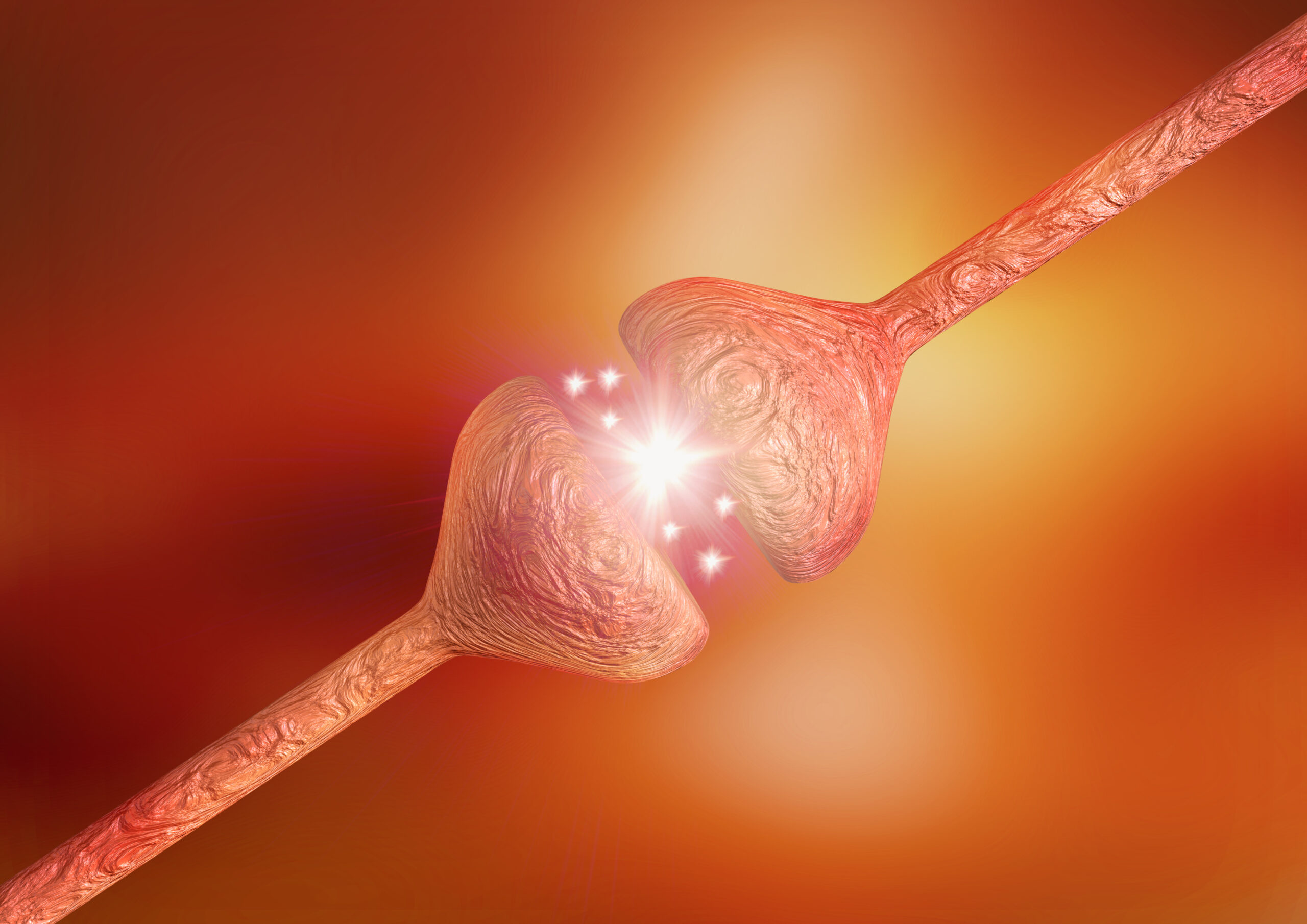Can Alcohol Cause Dementia: The Relationship Between Alcohol Consumption and Dementia Risk

Dementia, a debilitating neurodegenerative disease, affects millions of people worldwide, and with an aging global population, the number of dementia cases is expected to rise sharply in the coming decades. Characterized by progressive cognitive decline, dementia severely impairs memory, thinking, behavior, and the ability to perform everyday tasks. Alzheimer’s disease, the most common form of dementia, accounts for 60-80% of cases, with other types including vascular dementia, Lewy body dementia, and frontotemporal dementia.
One factor that has been under extensive study in relation to dementia risk is alcohol consumption. The relationship between alcohol intake and dementia risk is complex, with studies showing varying degrees of association. This article will delve into the current state of research surrounding alcohol consumption and dementia risk, exploring the potential benefits, risks, and mechanisms behind this connection.
The J-shaped curve: Moderate alcohol consumption and dementia risk
Research has shown that alcohol consumption follows a J-shaped curve when it comes to dementia risk. This means that individuals who consume low to moderate amounts of alcohol have a lower risk of developing dementia compared to those who abstain from alcohol or consume high amounts. Several studies have demonstrated that moderate alcohol consumption (
defined as up to one drink per day for women and up to two drinks per day for men) might have a protective effect against dementia, particularly Alzheimer’s disease.
Various mechanisms have been proposed to explain the potential benefits of moderate alcohol consumption. One theory is that alcohol, especially red wine, contains antioxidants and anti-inflammatory compounds such as resveratrol and flavonoids, which can protect the brain from oxidative stress and inflammation – two major factors implicated in the pathogenesis of dementia. Additionally, moderate alcohol intake has been associated with improved blood flow and reduced risk of cardiovascular diseases, which in turn might lower the risk of vascular dementia.
Heavy alcohol consumption: A major risk factor for dementia
Conversely, numerous studies have shown that heavy alcohol consumption significantly increases the risk of developing dementia. Excessive alcohol intake can lead to neurotoxic effects and brain damage, causing cognitive decline and increasing the likelihood of dementia. Heavy alcohol use can also cause alcohol-related brain damage (ARBD), a condition characterized by cognitive deficits and memory problems, which shares some similarities with Alzheimer’s disease.
Furthermore, heavy alcohol consumption is known to increase the risk of other health conditions, such as stroke, hypertension, and heart disease, which are themselves risk factors for vascular dementia. Alcohol abuse can also lead to nutritional deficiencies, such as thiamine (vitamin B1) deficiency, which is responsible for Wernicke-Korsakoff syndrome – a neurological disorder with symptoms similar to dementia.
Age, genetics, and other factors influencing the relationship between alcohol and dementia
The relationship between alcohol consumption and dementia risk is not uniform across all individuals. Age, genetics, and other lifestyle factors can influence the effect of alcohol on dementia risk. For example, the APOE ε4 gene, a well-known genetic risk factor for Alzheimer’s disease, has been shown to modify the relationship between alcohol and dementia. Carriers of the APOE ε4 allele might not experience the same protective effect of moderate alcohol consumption observed in non-carriers, and could be at an increased risk of dementia with even moderate alcohol intake.
Moreover, the impact of alcohol on dementia risk can vary depending on the individual’s overall lifestyle. A healthy lifestyle, including regular physical activity, a balanced diet, and maintaining social connections, can reduce the risk of dementia, potentially offsetting the harmful effects of alcohol.
While there has been substantial progress in understanding the relationship between alcohol consumption and dementia risk, several areas warrant further investigation. For instance, more research is needed to elucidate the underlying biological mechanisms connecting alcohol intake and cognitive decline. This could help identify potential therapeutic targets and guide the development of effective interventions to prevent or slow down the progression of dementia.
Moreover, there is a need for large-scale, long-term prospective studies to better understand the differential effects of various types and patterns of alcohol consumption on dementia risk, taking into account the complex interplay between genetics, age, and other lifestyle factors. Such studies would provide more definitive evidence regarding the potential benefits and risks of alcohol consumption and help refine public health recommendations.
In the meantime, it is crucial for healthcare professionals and public health organizations to emphasize the importance of responsible alcohol consumption as part of a comprehensive approach to reducing dementia risk. This includes promoting awareness of the potential cognitive benefits of moderate alcohol intake, while also stressing the importance of avoiding excessive alcohol consumption, which can have detrimental effects on brain health.
Additionally, public health strategies should prioritize the promotion of healthy lifestyles, as regular exercise, a balanced diet, mental stimulation, and maintaining strong social connections have all been shown to reduce the risk of dementia. By taking a holistic approach that addresses multiple risk factors, we can work towards reducing the global burden of dementia and improving the lives of millions of people affected by this devastating disease.
The relationship between alcohol consumption and dementia risk is complex and influenced by numerous factors. While moderate alcohol consumption may offer some protection against dementia, heavy alcohol intake can significantly increase the risk of cognitive decline and dementia development. As we continue to learn more about this relationship, it is essential to prioritize public health strategies that promote responsible alcohol consumption and overall brain health, in order to reduce the growing impact of dementia on individuals, families, and societies worldwide.





